India voters in Delhi, scarred by Hindu-Muslim riots, want peace
Rhetoric focussing on religion and inequality has dominated India's massive seven-phase vote running through June 1
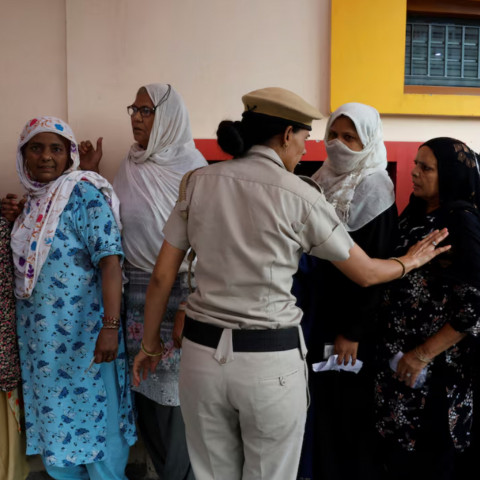
Suhel Mansuri, who carries scars from Hindu-Muslim riots that killed dozens in his district of India's capital in 2020, says his vote on Saturday in national elections was for "peace and brotherhood" as divisive religious rhetoric rises.
Mansuri and his brother were surrounded by a crowd during the riots in Delhi's most densely populated district and beaten with iron rods and bricks, resulting in multiple bone fractures.
Saturday's vote is the first since the riots in which at least 53 people, mostly Muslims, were killed and more than 500 injured as crowds roamed the streets for days, attacking each other with swords and guns, and setting buildings on fire.
"I don't want anyone to suffer like this ever again," said Mansuri, 29, a Muslim who has a small clothing business in the Mustafabad area. "People forget that we're all just the same as the next person when they are incited by hateful speeches."
Rhetoric focussing on religion and inequality has dominated much of India's massive seven-phase vote running through June 1, as Prime Minister Narendra Modi's Hindu-nationalist Bharatiya Janata Party (BJP) faces accusations of targeting minority Muslims in its campaign.
The Northeast Delhi constituency elected a BJP lawmaker in the past two national elections, in 2014 and 2019.
Modi, favoured to become only the second person to win three consecutive terms as India's prime minister, referred to Muslims as "infiltrators" and people who have "more children" in a speech last month. He later denied targeting the group that constitutes about 200 million of majority-Hindu India's 1.4 billion people.
"I want to vote for peace and brotherhood. It's difficult that the BJP will garner any votes here," said Mansuri, in a thought echoed by voters in Mustafabad, including some Hindus.
Mithilesh, 42, a Hindu woman who gave only her first name, said she feared for her safety during the riots as a crowd stabbed two youths to death on her street while she was locked inside her house with her daughter-in-law.
"We heard their screams and were scared of what would happen to us. Our member of parliament at the time was from the BJP, who wants votes again, but we will not vote for him."
Sabir Ali, 42, a Muslim tailor, said Modi's speeches are just political rhetoric. "But if he thinks Muslims will vote for him despite these speeches, then he is mistaken."
In the nearby Jaffarabad area, Muslim grocery store owner Wasim Raja, 36, said high inflation was his main concern, as his business had taken a hit.
"The Hindu-Muslim issue has always been there and we are all voting for Congress this time, but despite that the BJP will likely win," he said.
Support for the BJP, which looks set to return to power, was high in Hindu-dominated neighbourhoods as voters spoke of national pride and praised India's economic growth.
"Hindus have awakened now because of Modi, and this fire will not die down," said Akash Kumar Kashyap, 48, who runs a transport business in the Bhajanpura area.
"Modi has improved the economy and infrastructure. He's grown India's stature globally, so we like him for that," said Mahesh Chand Barthwal, 35, who works in a law firm.

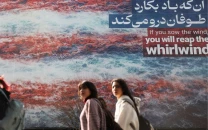
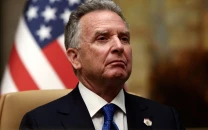
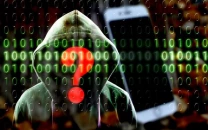
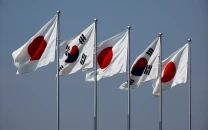













COMMENTS
Comments are moderated and generally will be posted if they are on-topic and not abusive.
For more information, please see our Comments FAQ